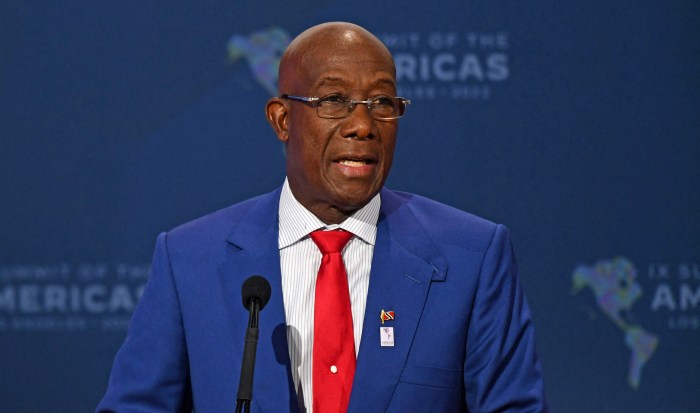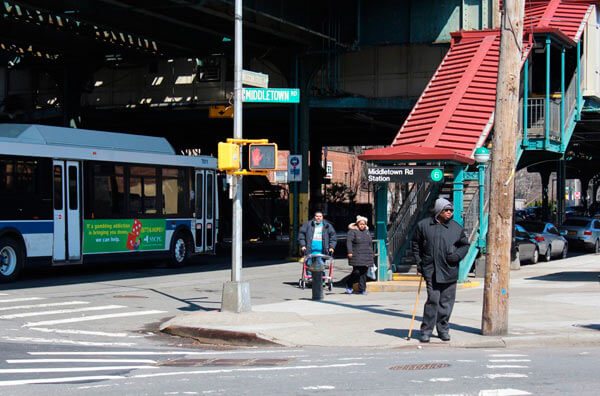In the past two weeks, authorities in Trinidad with the help of an unusually large group of DEA, FBI and other American federal agents have been trying to track down the players behind a major cocaine shipment from the Caribbean island to Norfolk, Virginia now that they know that similarly large shipments have been entering the U.S. since 2011.
Earlier this month, customs and border-patrol agents in Virginia stumbled on a shipment of 732 pounds of cocaine with a street value of over $100M concealed in grapefruit juice cans.
The cans bore the label of S. M. Jaleel, a prominent Trinidad manufacturing company; but for now, investigators say, the firm is not the main target in their probe, as there is some evidence that the smugglers have used products and registration names from dormant and even active companies to hide their real identity.
But even as the Feds are preparing to ask local courts to hand down indictments against a few prominent businessmen, there has been a bizarre twist to the probe as the British are asking to be officially listed as investigators in the widening international probe. This is so because a Joromie Lewis, 33, a sailor with roots in St. Vincent and the Grenadines died after ingesting a cocaine-laden bottle of juice he found on his factory floor in the UK last month.
The juice is also manufactured by a subsidiary of S. M Jaleel so British investigators now want to know if there is a connection between the sailor’s death and shipments of beverages laden with cocaine that might have entered the UK market undetected in recent years.
British officer Ian Sainsbury says that UK probers will also “share intelligence” with the DEA and FBI as they suspect that similar shipments might have entered British ports without detection by customs and other officials.
For many in Trinidad who look down on the poor, the bust is proof that many of those at the top of society on the island might not have earned their money the old-fashioned way through dint of hard work but are secretly behind massive drug and weapon shipments as well as other forms of transnational crimes with little or no hassles from enforcement authorities.
Still, a clearly embarrassed Prime Minister Kamla Persad-Bissessar was quick to point out that every country on the planet is battling with the drug trade and that “it has been known for a long time that this country is a transshipment point for drugs. The matter is under investigation and very sensitive, and it would be inappropriate to comment,” she said.
As an indication of how fast the probe is widening, investigators have also trained their sights down south on neighboring Guyana, as one of the dormant companies used by the smugglers to ship the ‘beverages’ to the U.S. is owned by a Guyanese businessman with long-established roots in Trinidad.
DEA officials have already indicated that requests for arrest warrants are to be handed down soon and that they have narrowed down the list of suspects to a small group of less than five, so arrests might be very imminent.




















